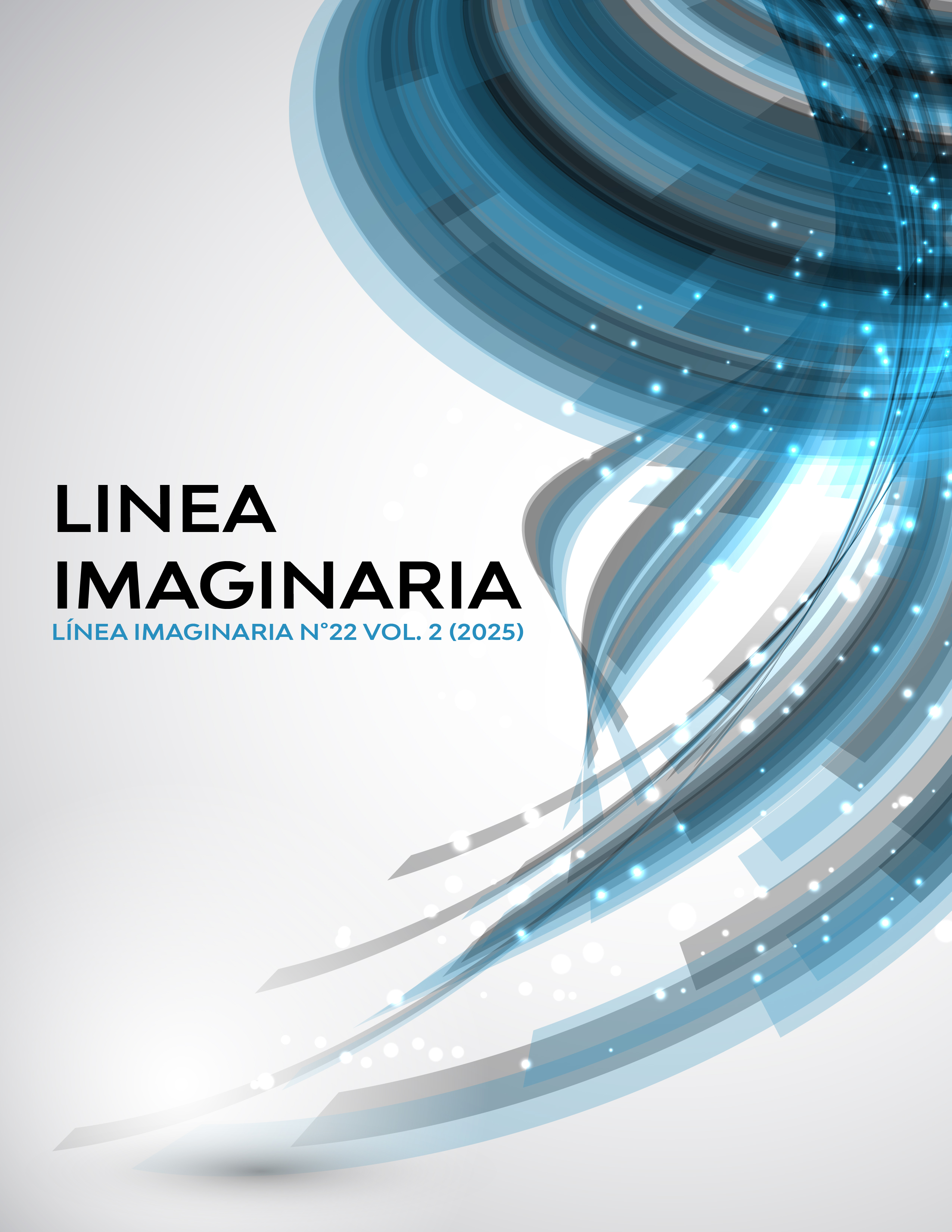SOCIAL REPRESENTATIONS ON PHYSICAL EDUCATION FROM THE PEDAGOGICAL VISION AND SPORTS MANAGEMENT IN THE OFFICIAL INSTITUTIONS OF CÚCUTA.
DOI:
https://doi.org/10.56219/lneaimaginaria.v2i22.4520Keywords:
Social representations, physical education, pedagogical vision, sport managementAbstract
Within the Colombian education system, physical education (PE), like other subjects, is part of the compulsory subjects is part of the program that must be taken in a compulsory way in each of the levels, in order to the student's integral formation through the development of their skills and competencies. The student through the development of their skills and competencies. However, in recent years, the In recent years, the essence of PE has been disrupted by the performance of many teachers in the area who focus the performance of many teachers in the area who focus their attention exclusively on sports, framed exclusively on sport framed in a particular discipline, especially soccer, leaving aside the importance of PE for mental, physical and physical health. for mental and physical health and recreation. To this effect, the concern arises to elaborate an academic article of the essay type focused from its objective on the importance of PE from the pedagogical point of view and sports management in official management in the official institutions of Cúcuta. The methodology adopted was based descriptive analysis based on various experiences consulted, which allowed for a broad study of the topic. Which allowed for a broad study of the topic; leading at the same time to the following final reflections the right to PE is being violated for the majority of students in the face of the for most of the students due to the exclusive dedication of the teachers to sports management management where they search for, select and train players with sporting talents, especially in the players with sporting talents, are sought, selected and trained. This leads to new social representations social representations configured in students and teachers about what PE represents as.
Downloads
References
Abric, J. (2001). Prácticas sociales y representaciones. México: Coyoacán.
Aragon, C.P. (2006) Técnicas de dirección y marketing para entidades deportivas. Unisport, 18.
Banchs, M.A. (1986). Concepto de representaciones sociales: análisis comparativo. Revista Costarricense de Psicología, núm. 8-9, pp. 27-40. http://rcps-cr.org/wp-content/uploads/2016/05/1986.pdf
Cañizares, J. y Carbonero, C. (2017), La actividad física y el deporte en la sociedad actual. VM Ediciones. España.
Cerezo, C. R. (2004). Argumentos sobre la formación inicial de los docentes en educación física. Profesorado: Revista de curriculum y formación del profesorado, 8(1), 4.
Constitución Política de Colombia. (1991) Gaceta Constitucional N° 116. http://bit.ly/2NA2BRg
Gil, F. y Rico, L. (2003). Concepciones y creencias del profesorado de secundaria sobre enseñanza y aprendizaje. Enseñanza de las Ciencias [Revista en línea], 21 (1), 27-47. Recuperado de: http://www.raco.cat/index.php/Ensenanza/article/viewPDFInterstitial/21885/ 21719 DOI: https://doi.org/10.5565/rev/ensciencias.3940
Gómez, Raúl Horacio (2002) La Enseñanza de la Educación Física en el Nivel Inicial y el Primer Ciclo de la EGB – Una didáctica de la disponibilidad corporal. Buenos Aires, Stadium.
Gutiérrez, B.J.F. (2007). Fundamentos de administración deportiva. Medellín: Universidad de Antioquia.
Ley General de Educación (1994). Editorial Unión Ltda., Santa fe de Bogotá. D.C
Ministerio de Educación Nacional (2010). 15 Orientaciones Pedagógicas para la Educación Física Recreación y Deporte. Colombia.
Mora, M. (2002). La teoría de las representaciones sociales de Serge Moscovici. Athenea Digital: revista de pensamiento e investigación social, (2), 78-102. DOI: https://doi.org/10.5565/rev/athenead/v1n2.55
Renzi, Gladys. (2001). “Los Medios de Enseñanza usados en los Institutos de Formación docente en Educación Física”. Tesis de Maestría. UBA. FFyL. Maestría en Didáctica. Inédito.
Sánchez, J., y Santamaría, D. (2005). Descripción de la gestión del deporte colombiano: planeación o empirismo. Revista digital, 10.
Vila, A. y Callejo, M. (2004). Pedagogía para aprender a pensar. El papel de las creencias en la resolución de problemas. España: Narcea, S. A. de Ediciones.
Zapata, M.G.L, Zapata, C.G.A., y Gómez, Z.Y. (2010). Gestión y características de las ligas deportivas del Departamento de Antioquia 2000-2010. Revista politécnica, 6.
Downloads
Published
How to Cite
Issue
Section
License

This work is licensed under a Creative Commons Attribution-NonCommercial-ShareAlike 4.0 International License.
La revista Línea Imaginaria conserva los derechos patrimoniales (copyright) de las obras publicadas, que favorece y permite la reutilización de los mismos bajo la licencia Creative Commons Atribución-NoComercial-CompartirIgual 4.0 , por lo cual se pueden copiar, usar, difundir, transmitir y exponer públicamente, siempre que se cite la autoría y fuente original de su publicación (revista, editorial, URL y DOI de la obra), no se usen para fines comerciales u onerosos y se mencione la existencia y especificaciones de esta licencia de uso. Si remezcla, transforma o crea a partir del material, debe distribuir su contribución bajo la misma licencia del original.













